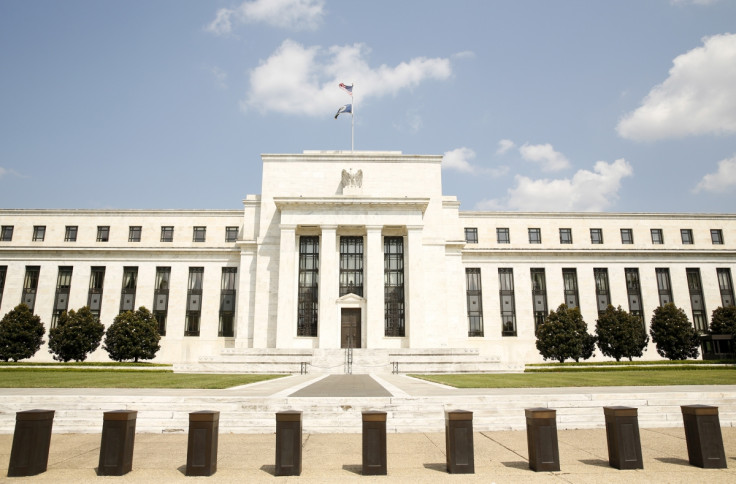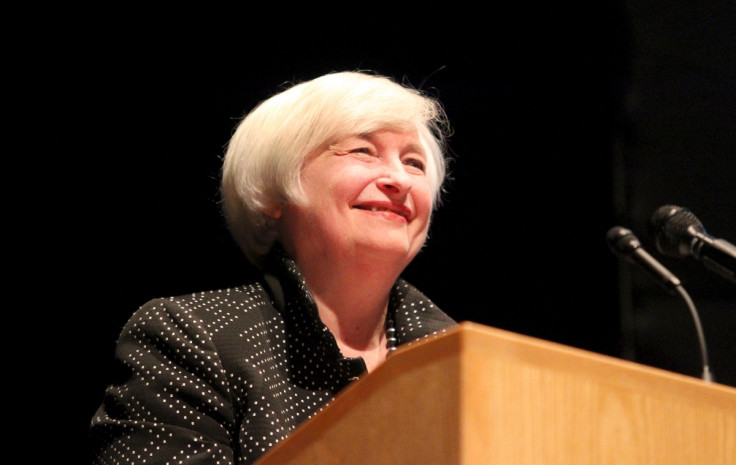Federal Reserve on course to raise interest rates after inflation boost

The US appears set for its first interest rate rise in nearly a decade on 16 December after the underlying inflation rate ticked up to 2% in November. The core consumer price index, which excludes food and energy, rose 0.2% month-on-month, the same pace of growth as in October and September.
Labor Department figures also showed that core prices jumped 2% in the 12 months through November period after a 1.9% rise in October, the largest gain since May 2014. The Federal Reserve targets a 2% inflation rate but it prefers an inflation gauge called the index of personal consumption expenditures, or PCE index, to judge inflationary pressures. The core inflation rate measured in those terms came in at 1.3% in October. Overall, consumer prices were flat in November after a 0.2% increase in the prior month.
Steady tightening
Non-farm payrolls data released earlier this month showed the world's largest economy added 211,000 jobs in November, beating expectations. With the economy appearing to be on a solid footing, analysts widely expect the US central bank to raise interest rates for the first time since June 2006 when it concludes its two-day monetary policy meeting on 16 December. The Fed signalled in September that it would raise interest rates before the end of the year, barring a serious deterioration in the US economic recovery.
Paul Jackson, head of multi-asset research at trading firm Source, told IBTimes UK that he expected interest rates to go up by 25 basis points and allayed concerns that the move could spook Wall Street. "Our research shows that since the mid-1930s there were only two periods of monetary tightening out of 16 during which investors lost money on the S&P 500," he said.

"It is important, therefore, to counter misperceptions that a rate hike is necessarily bad news for markets, including the belief that volatility tends to increase during such cycles. Our analysis shows that market returns during such periods of tightening have been positive and with lower volatility across a variety of asset classes and indices."
Jackson expects the Fed to follow up its December rate increase with three further rate increases of 25 basis points each during 2016. Sanjiv Shah, chief investment officer at Sun Global Investments, said emerging market currencies will be hit by a Fed rate rise. "However, as the interest rate increase has been flagged for some time, much of its likely impact is already reflected in current prices and so it is unlikely to be overly significant," he added.
© Copyright IBTimes 2024. All rights reserved.






